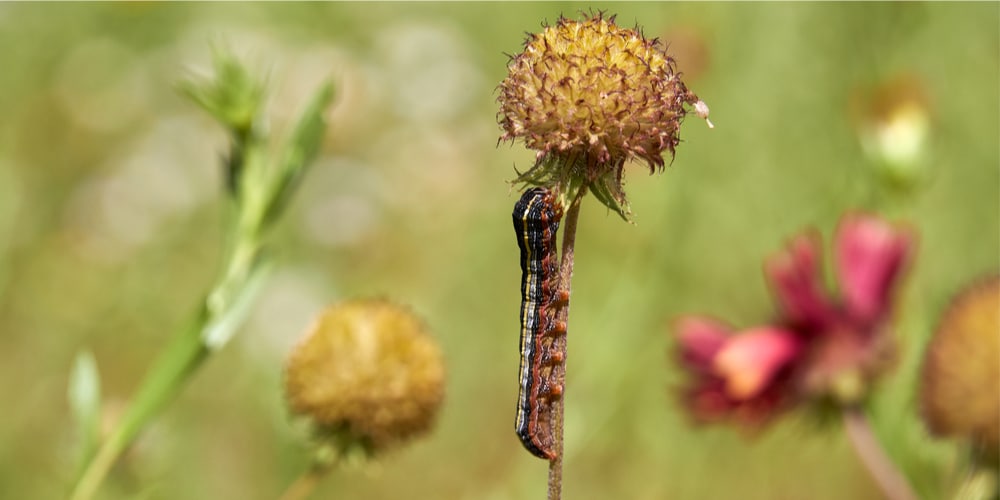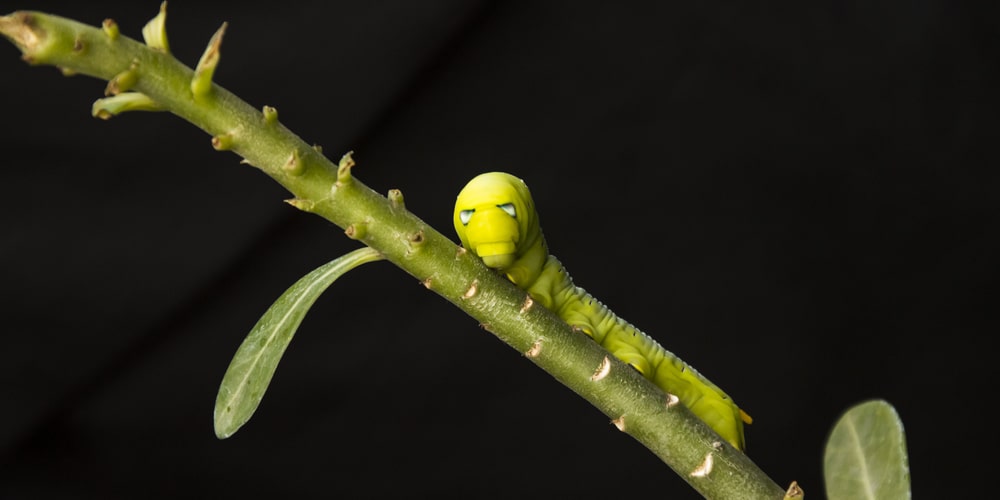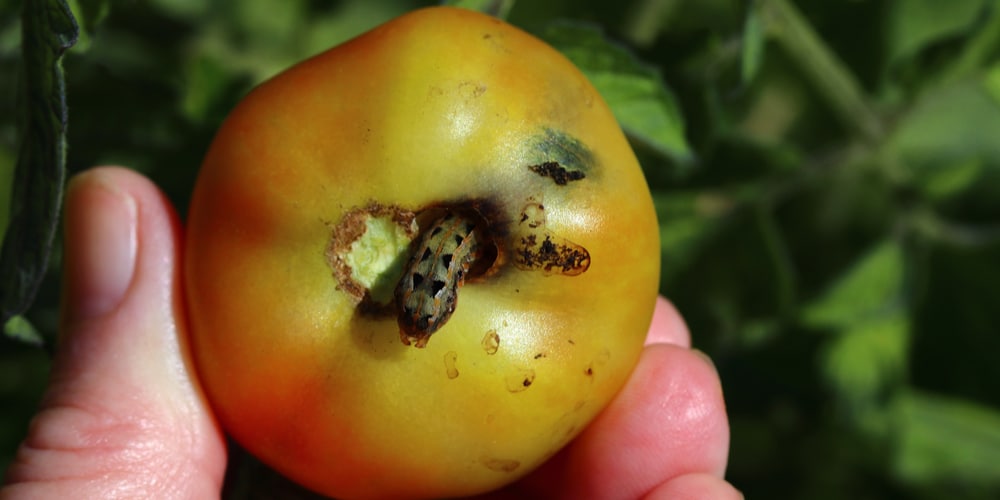A well-tended garden is a thing of beauty, but it can quickly become a battlefield. If you’ve ever seen your leafy greens looking like they’ve been through a war zone, chances are you’re dealing with army worms. These voracious pests can strip a plant of its foliage in no time, leaving behind nothing but bare stems. As a result, growers often turn to chemical pesticides or insecticides to get rid of armyworms. But does Triazicide kill armyworms? Let’s find out.
What Are Armyworms and Why Do You Need to Get Rid of Them

Armyworms are one of the most dreaded insects that can invade a lawn. These voracious eaters can destroy a lawn in a matter of days, leaving behind a trail of brown, dead grass. Technically, armyworms are the larvae of moths. The adult moths are brown or gray with striped markings on their wings.
While armyworms prefer grass, they will also attack other plants, including vegetables, fruits, and ornamentals. In short, if there’s something green and growing, chances are armyworms will try to eat it.
They do not pose a threat to humans or animals and are not known to transmit any diseases. However, these tiny creatures can cause a major headache for growers and gardeners.
What is Triazicide and How Does it Work?
Triazicide is a commercial insecticide and many people swear of its effectiveness. It targets the insect’s nervous system, paralyzing upon contact and eventually leading to its death.
The active ingredient in Triazicide is lambda-cyhalothrin. It is a pyrethroid, which is a synthetic version of pyrethrin, a natural insecticide found in certain types of chrysanthemum flowers. Pyrethroids are typically found in some of the most common pesticides used today.
Does triazicide kill army worms?
According to the label, Triazicide can kill more than 260 insects on contact. In addition to armyworms, it is effective against bibbugs, beetles, chicnch bugs, fleas, and many other insects. Its formulation is known to target both above and below-ground insects, making it an excellent choice for dealing with armyworms.
It is most efficient when used early in the infestation and can be applied as a preventative measure or as soon as armyworms are spotted. Remember to follow the directions on the label. It should be reapplied every two weeks to maintain its effectiveness.
Is It Safe to Use?
Triazicide is considered safe when used as directed, but it can be harmful if ingested or if it comes into contact with skin or eyes. It is important to wear gloves, long sleeves tops, and pants when applying. Don’t forget to wash your hands thoroughly after coming into contact with it.
In addition, it doesn’t discriminate between good insects and bad insects. If you do decide to use it to kill armyworms, so this is something that you need to keep in mind.
Triazicide won’t differentiate between good and bad insects. Use it as a last resort if you have beneficial insects in your lawn or garden. This includes bees, ladybugs, and other pollinators vital to your garden’s health.
Triazicide Proper Application
Using this insecticide is pretty straightforward. You simply mix it with water and apply it to the affected area using a pump sprayer. Make sure to thoroughly drench the plants. This ensures that the armyworms will come into contact with the insecticide.
Do not water your lawn or garden for at least 24 hours after applying Triazicide. This gives the insecticide time to work.
Apply Triazicide early in the morning or late in the evening when armyworms are active. Do not apply in the middle of the day when it may be hot, and the sun may cause the pesticide to break down.
Does Triazicide Kill Army Worms: Final Thoughts
No one likes finding critters crawling around, and when you see signs of armyworms munching, you know it’s time to take action. Armyworms can quickly devastate a garden, so you need to get rid of them as soon as possible.
Over the years, Triazicide has made its name for effectively killing fire ants, cutworms, roaches, and armyworms too! If you’re looking for an insecticide that is known to work, Triazicide is definitely worth trying. Just remember to take the necessary precautions and follow the directions on the label.

